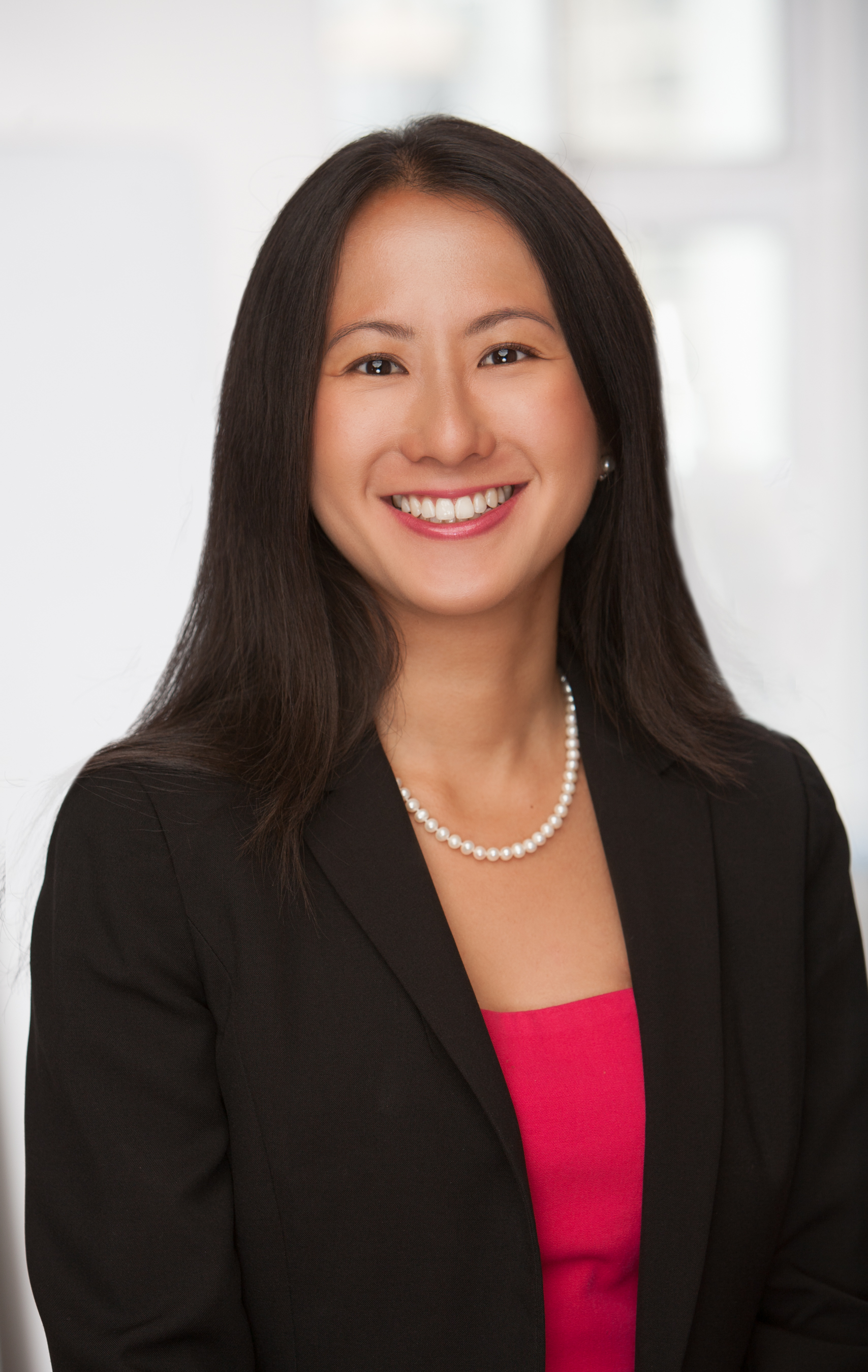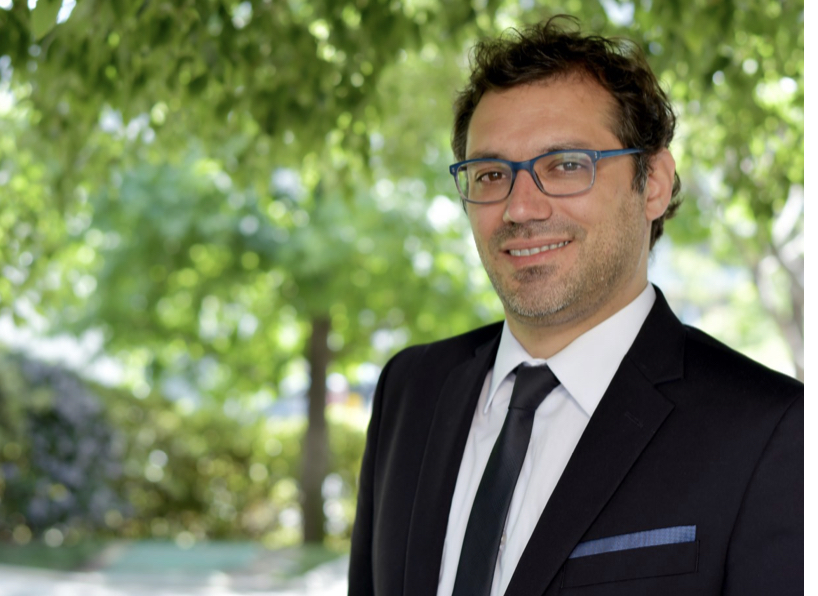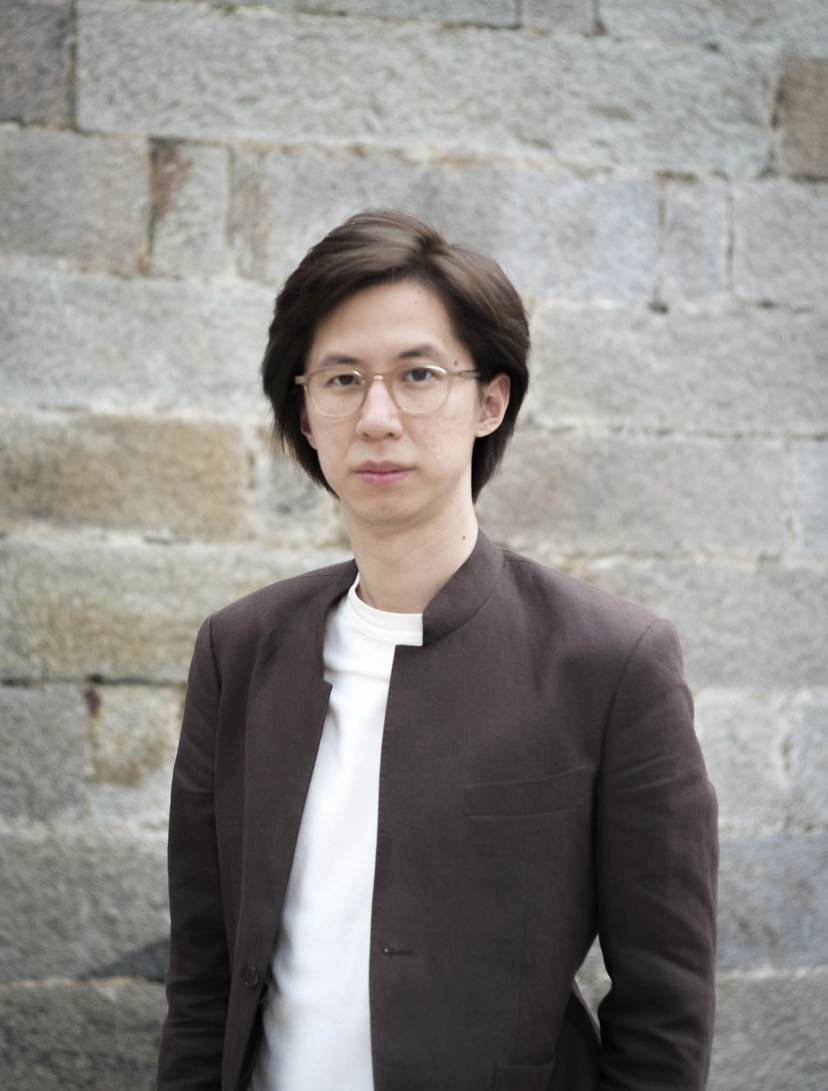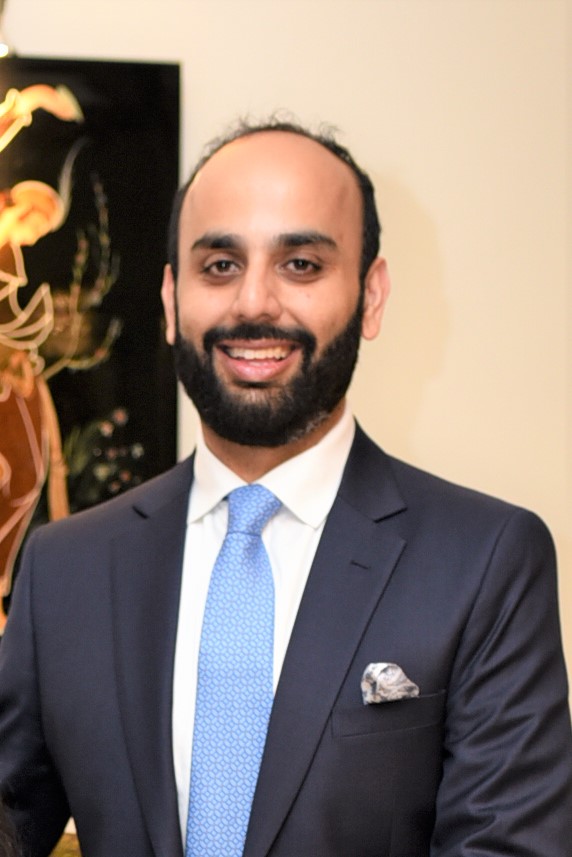(When) Can Courts Constrain Authoritarian Governments?
Notes & Changes
This event will run as a Zoom webinar. To attend, register here. Please note that this event may be recorded, with the exception of any live audience questions.
Yvonne Tew’s talk will be based on her recent book, which explores how courts engage in constitutional state-building in aspiring, yet deeply fragile, democracies in Asia. Drawing from examples of contemporary Malaysia and Singapore, she will explain how courts protect and construct constitutionalism even as they confront dominant political parties and negotiate democratic transitions. Sergio Verdugo will explain the judicial strategy of ‘constitutional paradox’ which judges can create to increase the costs for an authoritarian regime to disobey their rulings. His talk will be based on his research on the Chilean judiciary under the Pinochet dictatorship. Julius Yam, who is working on the legitimacy paradox faced by courts under hybrid regimes such as those in Hong Kong, will comment on their talks.
Speakers

Professor Yvonne Tew is a Professor of Law at Georgetown University Law Center. She has expertise in comparative constitutional law as well as law and religion from a global perspective. She is the author of Constitutional Statecraft in Asian Courts (Oxford University Press, 2020). Her scholarship has been published or is forthcoming in many law journals including the American Journal of Comparative Law, Virginia Journal of International Law, Columbia Journal of Transnational Law, Cambridge Law Journal, and Washington International Law Journal as well as in book collections from Oxford University Press, Cambridge University Press, Edward Elgar Publishing, and Routledge Publishing. She was a guest columnist for 2020 at the I-CONnect Blog of the International Journal of Constitutional Law. Professor Tew holds a Ph.D. in Law from the University of Cambridge, where she was a Gates Cambridge Scholar. She received a Master of Laws from Harvard Law School and a B.A. (First Class Hons) from the University of Cambridge. She has held research fellowships at Columbia Law School and New York University School of Law.

Sergio Verdugo is an Associate Professor of Law at Universidad del Desarrollo, Chile, where he serves as the Director of the Centre for Constitutional Justice. He is also an editor of the International Journal of Constitutional Law and the Secretary-General of ICON-S. He holds a JSD from New York University, an LL.M from the University of California, Berkeley, a master in Public Law from P. Universidad Católica de Chile, and an LL.B. from Universidad del Desarrollo. He is interested in subjects such as political theory, constitution-making, the politics of constitutional courts, democratic theory, and comparative constitutional studies.
Discussant

Julius is an Assistant Professor from the University of Hong Kong. He studies constitutional law and courts from an interdisciplinary perspective. He holds an LL.B. from the University of Hong Kong and an LL.M. from the University of Chicago. He is a Research Associate at the Programme for the Foundations of Law and Constitutional Government, University of Oxford. Prior to joining HKU, he taught at the University of Oxford and was a visiting scholar at the Max Planck Fellow Group in Comparative Constitutionalism and Alexander von Humboldt Chair of Comparative Constitutionalism, University of Göttingen.
Chair

The discussion will be chaired by Yasser Kureshi. Yasser is the John and Daria Barry Fellow in Constitutional Theory and Law with Trinity College and an Early Career Fellow with the Bonavero Institute of Human Rights at the University of Oxford. His research focuses on constitutional politics in authoritarian and post-authoritarian states. His book ‘Seeking Supremacy: The Pursuit of Judicial Power in Pakistan,’ is forthcoming with Cambridge University Press in 2022. His scholarship has also been published in Comparative Politics, Democratization and the Journal of Conflict Resolution. He holds a PhD from Brandeis University and a Juris Doctorate from Boston University School of Law. Prior to joining Oxford, he taught comparative politics at the School of Oriental and African Studies

